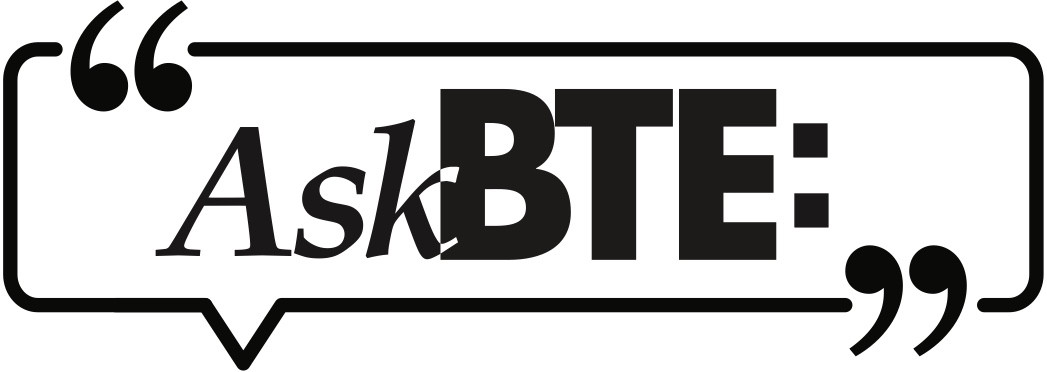On January 1, Delaware will become the eighth state in the US to ban the use of hand-held cell phones by all adult drivers. This does not mean that most of your travelers — and let’s face it; they’re nearly all tenaciously attached to their Blackberrys and iPhones — have little to worry about when they rent a car or use their own while on company business. It means that in these eight states, they know exactly where they stand.
It’s not so clear in the others.
Although Illinois does not have a general law that bans the use of cell phones, it does ban their use while driving in a school zone or a highway construction zone. Texas has banned the use of hand-held phones and texting in school zones.

Rather than target cell phones and similar devices specifically, two states — Maine and Utah — have widened the scope to anything that distracts the driver. Idaho and South Carolina allow highway patrolmen to list their use as contributing factors in accident reports, raising a red flag for insurors and litigators.
And six states have “preemption laws,” which prohibit localities from enacting their own distracted driver bans. By extension, this raises the possibility that other states do allow such laws, increasing a driver’s chances of being stopped for illegal use of a cell phone while driving. The states where your drivers don’t have to worry about county and municipal bans: Florida, Kentucky, Louisiana, Mississippi, Nevada and Oklahoma.
These states ban handheld devices for all drivers: California, Connecticut, Delaware (as of January 2), District of Columbia, Maryland, New Jersey, New York, Oregon and Washington.
In all of these states except Maryland, the ban is a primary law, meaning that the driver can be stopped when the use of the handheld device by a driver is observed. In Maryland, it can be added to a citation only when the driver has been stopped from some other alleged violation and the use of the handheld has also been observed.
The ban on texting is a primary law for all drivers in: Alaska, Arkansas, California, Colorado, Connecticut, Delaware (as of January 2), District of Columbia, Georgia, Illinois, Indiana, Iowa, Kansas, Kentucky, Louisiana, Maryland, Massachusetts, Michigan, Minnesota, Nebraska, New Hampshire, New Jersey, New York, North Carolina, Oregon, Rhode Island, Tennessee, Utah, Vermont, Virginia, Washington, West Virginia, Wisconsin (effective December 20) and Wyoming.
In Iowa and Virginia, the ban against texting is only a secondary law.
There are many who believe that these laws will become more general as time passes, in the same way that seat belt laws became ubiquitous. They have good reasons to think so: in 2008, according to the National Highway Safety Administration, 21 percent of the 1.6 million highway accidents reported that involved injuries also involved distracted driving. The DOT warns that the use of a cell phone while driving (hand-held or hands-free) delays a driver's reactions “as much as having a blood alcohol concentration at the legal limit of .08 percent.”
The Last Word
Next month’s issue will be my last as managing editor of Business Travel Executive. Since it will also be a busy — and hopefully joyous — season for everyone, I will say good-bye now while it may be noticed. I have enjoyed the last decade immensely, as well as the industry I’ve come to know and in particular all the people I’ve met along the way. While I may still work for BTE in some smaller way, there’s a long list of new ideas and projects ready to be explored and nurtured. Hopefully, I’ll meet many of you again along the way. Happy Holidays!








